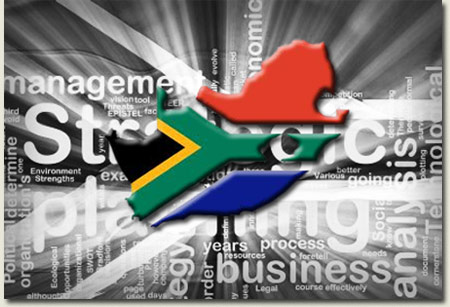Harare – South Africa’s economy could swing back to recovery in 2017, says the International Monetary Fund (IMF), but cautions that Africa’s second largest economy would have to stave off expected further shocks from China, heightened global financial volatility and sovereign debt credit rating downgrades.
An IMF team visited Cape Town, Pretoria and Johannesburg in the past two weeks and met Finance Minister Pravin Gordhan, South African Reserve Bank governor Lesetja Kganyago, Minister in the Presidency for Planning, Performance, Monitoring, Evaluation and Administration Jeff Radebe as well as labour federations and business leaders.
The mission also held discussions with Trade and Industry Minister Rob Davies, Minister of Economic Development Ebrahim Patel, Commissioner of the South African Revenue Service Tom Moyane as well as other government officials during a visit that ended on Thursday.
“A muted recovery is envisaged from 2017. Risks to this outlook are tilted to the downside and include further shocks from China, heightened global financial volatility, and sovereign debt credit rating downgrades,” said Laura Papi, leader of the IMF mission to SA on Friday.
The IMF visit to South Africa was to undertake discussions under the 2016 Article IV Consultation discussions.
The IMF also concluded that “South Africa faces a challenging economic environment” hence the Bretton Woods institution was projecting a 0.6% economic growth trajectory for this year.
This paltry growth outlook for the current year would be reflective of “falling per capita income” in the South African economy.
“South Africa needs to create an environment that facilitates high and inclusive private sector-led growth that creates more jobs.
“The government and the South African Reserve Bank (Sarb) have taken appropriate steps to counter rising government debt and inflation,” the IMF said.
However, much more in the form of structural reforms is needed to reduce policy uncertainty, boost confidence, tackle structural impediments, and lower vulnerabilities to further economic jolts.
SA frequently faces labour unrest in the mining sector. Additionally, it is also hobbling with power supply challenges although President Jacob Zuma said on Friday that “load shedding will not happen again” as the Eskom power utility nears one year without power supply interruptions.
Despite this, the IMF’s head of mission emphasised that comprehensive structural reforms remain the preferred option to create jobs and reduce inequality.
“Policies to maintain debt sustainability are essential to preserve investor confidence, but need to be carefully calibrated to avoid pressuring an already-weak economy,” stressed Papi.
The SA reserve bank recently hiked rates but the IMF wants monetary policy decisions in SA to remain on hold, although “more tightening could be needed if inflation expectations and core inflation rise significantly” this year”, she said.
“The Sarb could seize opportunities to build international reserves, especially in case of large, FDI-related foreign exchange inflows.”
